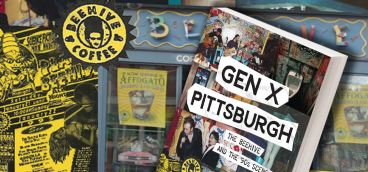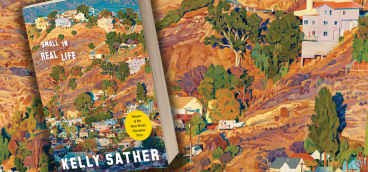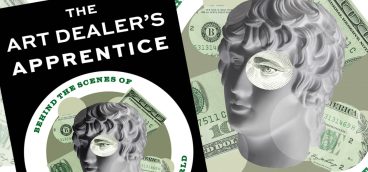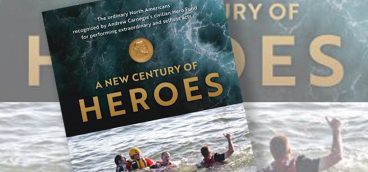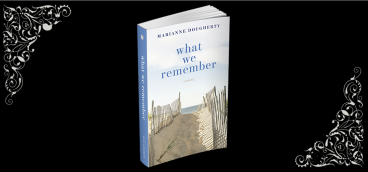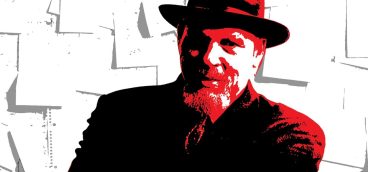Ed Simon and the Plight of Milton’s Satan
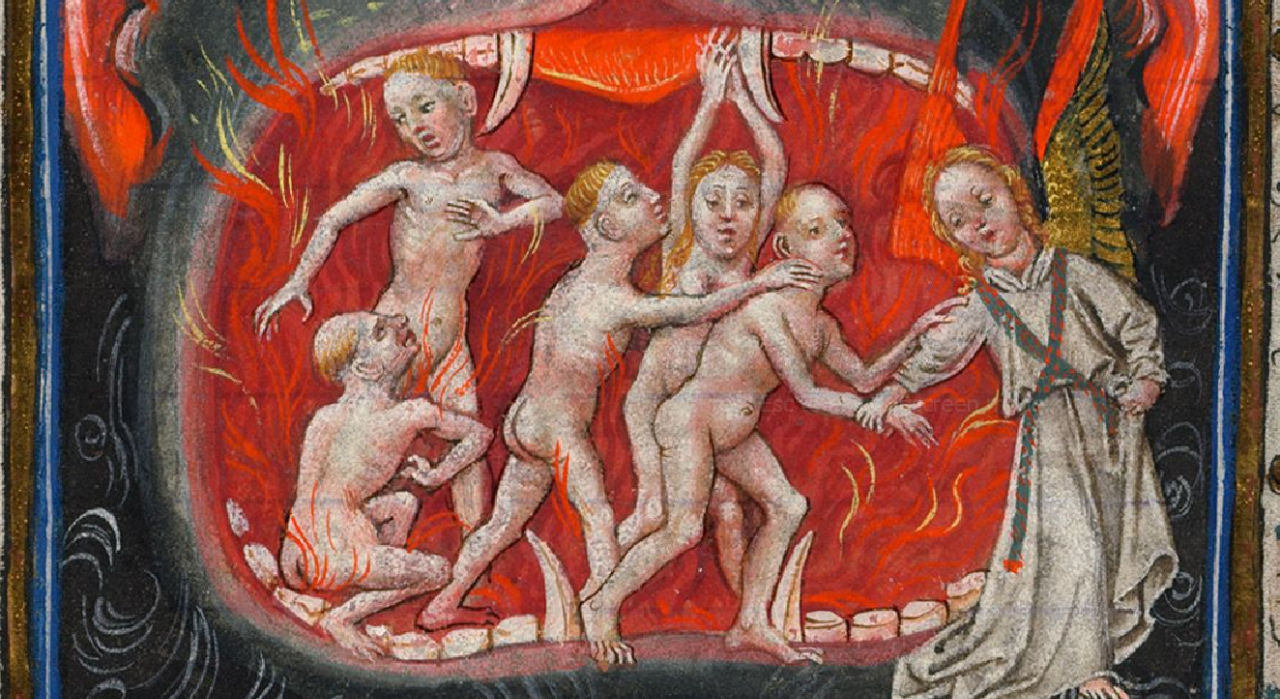
The notion behind IG Publishing’s “Bookmarked” series is to allow contemporary authors to reflect on how a particular book influenced their journey to becoming writers. “Part autobiography, part literary criticism,” the series aims to guide readers through a deep dive of a single book. The latest installment, Heaven, Hell and Paradise Lost, features Pittsburgh writer Ed Simon taking on John Milton’s “Paradise Lost.” In lesser hands, Simon’s latest could’ve led to the dread felt by many who recall reading the epic poem as a slog. However, in the deft hands of the Belt Magazine editor and contributor to such prestigious publications like The Atlantic and The New York Times, Simon provides 209 pages of concise scholarly insights that dovetail with a memoir in highly readable ways.
The key to the book: a Ph.D.-level focus on Milton’s religious and political aesthetics joining the personal narrative that runs throughout, touching down on Simon’s struggles with alcohol. That it’s backdropped by Pittsburgh’s environmental and industrial legacy is a bonus. Coming on the heels of his well-regarded 2021 collection of historical essays, An Alternative History of Pittsburgh, this latest work may seem at first glance like a diversion. Instead, it becomes revelatory.
Beginning with a story of wicked benders, hangovers, and a London conference on “the sexy topic of seventeenth-century hymn translation,” Simon gamely pivots to use his recovery and Milton’s masterpiece as twin rails. When he posits that “the subject of all great literature is about redemption or its loss,” readers can be sure he’ll back it in ways that go beyond the mere academic, though the term soteriology, a branch of theology concerned with salvation, will leave many thankful for his explanation.
Throughout the 12 sections of Heaven, Hell and Paradise Lost, meant to mirror the 12 sections of Milton’s 1667 poem, Simon patiently walks curious readers through English history and how the Puritan poet managed to survive his complicated times. That Paradise Lost concerns Satan’s fall during the War of Rebel Angels is only summary. What Simon’s more interested in is how the book considers “the disease of the soul, humanity’s strange and awful predicament of being a poetic ape strung between heaven and hell on this debased earth.” These timeless philosophical matters combined with Milton’s own prophetic verses, places him, in Simon’s estimation, as forebear to poetic luminaries such as Walt Whitman and William Blake.
For all of the scholarly and personal perspectives Simon brings to play, it’s his musing on Milton’s Satan as “the greatest of all literary protagonists” that seems to hit the mark. Psychologically complex, Milton’s Satan is rendered “evocative, charismatic, sexy, rebellious, and dangerous.” This formula seems compelling in an era where the anti-hero has risen to prominence throughout pop culture. In a way, Heaven, Hell and Paradise Lost feels perfectly positioned to not only revive interest in a classic tale that the late Milton scholar and Duquesne University professor Al Labriola once claimed was superior to the Bible but should further cement Simon’s place as a writer growing worthy of regard.
Fred Shaw is the author of the poetry collection, “Scraping Away” (CavanKerry Press) and a visiting lecturer in creative writing at the University of Pittsburgh.


